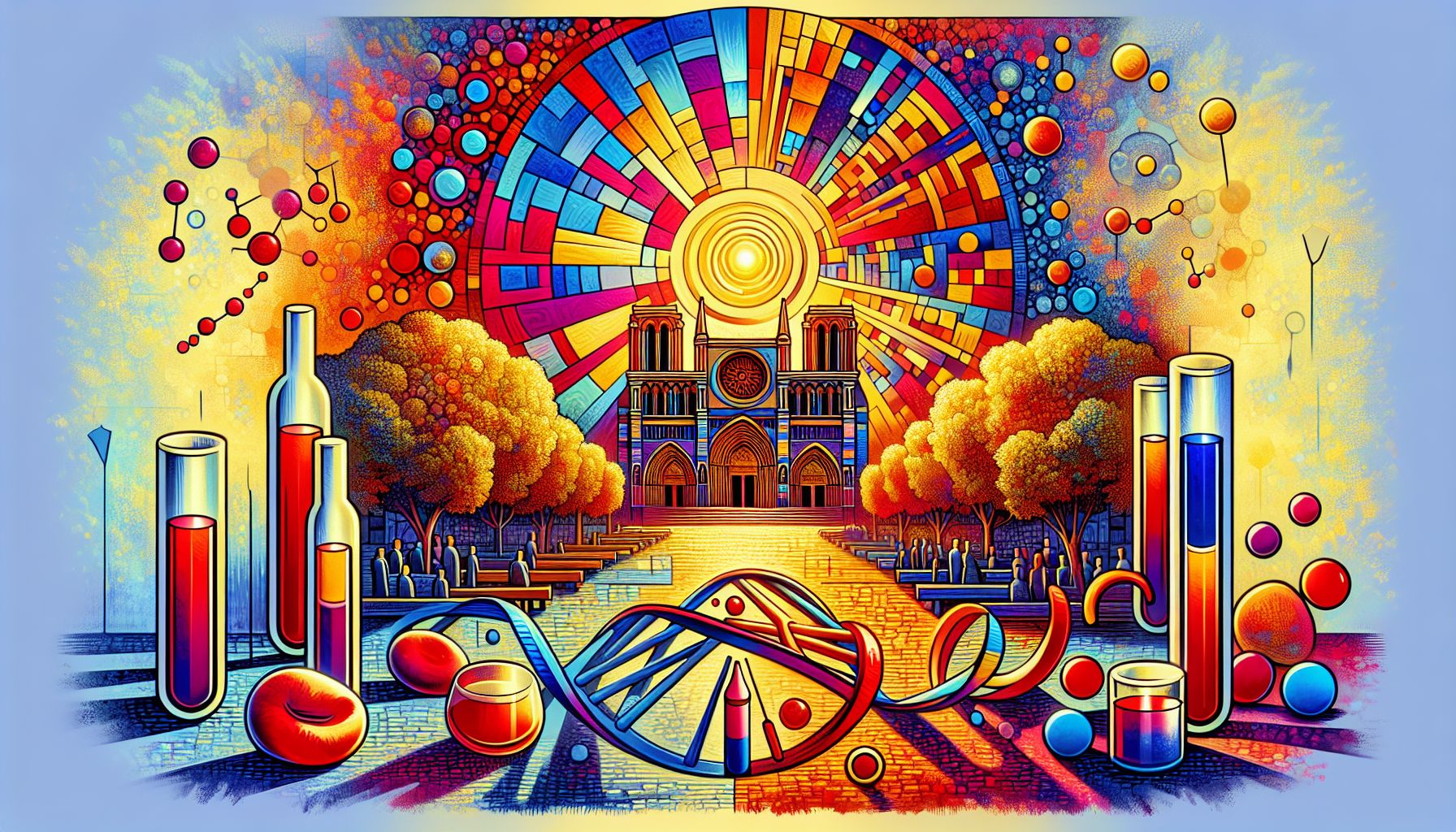Breakthrough in Blood Science: New MAL Group Solves 50-Year Mystery

Leiden, Monday, 16 September 2024.
Researchers have identified the 47th blood group system, MAL, unraveling a half-century enigma surrounding the AnWj antigen. This discovery enables better identification and treatment of rare AnWj-negative individuals, potentially preventing life-threatening transfusion reactions. The genetic basis, linked to the MAL gene, was uncovered through whole exome sequencing, marking a significant advancement in transfusion medicine and genetic research.
A 50-Year Journey to Discovery
The puzzle began in 1972 when a pregnant woman’s blood sample revealed the absence of key antigens, sparking decades of scientific inquiry. The enigma persisted until Dr. Louise Tilley and her colleagues at NHS Blood and Transplant (NHSBT) in Bristol, alongside the University of Bristol, identified the genetic basis of the AnWj antigen. This groundbreaking work, published in the journal Blood, marks the culmination of nearly 20 years of diligent research.
Unveiling the AnWj-Negative Blood Group
The majority of the population is AnWj-positive, but the study confirmed that AnWj-negative individuals are extremely rare, with estimates suggesting fewer than tens of thousands globally. Whole exome sequencing revealed that these rare cases are due to homozygous deletions in the MAL gene. This genetic anomaly leads to the absence of the AnWj antigen on red blood cells, putting these individuals at significant risk during blood transfusions.
Implications for Transfusion Medicine
This discovery holds profound implications for transfusion medicine. AnWj-negative individuals often face life-threatening transfusion reactions if given AnWj-positive blood. Understanding the genetic basis of this blood group enables the development of genotyping tests to identify these rare individuals, ensuring safer blood transfusions. As Nicole Thornton of NHSBT stated, ‘Otherwise there’s a high likelihood that they will have a transfusion reaction that could be fatal.’
Advanced Genetic Techniques
The breakthrough was made possible through advanced genetic techniques such as whole exome sequencing, which allowed researchers to pinpoint the specific genetic deletions responsible for the AnWj-negative phenotype. These sophisticated methods have also paved the way for identifying other rare blood groups, as demonstrated by the identification of the Er blood group system in 2022 and the MAM blood group system in 2020.
Future Prospects and Ongoing Research
The identification of the MAL blood group system is just the beginning. Ongoing research aims to uncover more enigmatic blood samples that affect donor matching and pregnancy outcomes. As Dr. Tim Satchwell from UWE Bristol noted, ‘Mal is a very small protein… which made it difficult to identify.’ Despite these challenges, the research team remains optimistic about future discoveries, with several more potential blood groups ‘in the pipeline,’ according to Nicole Thornton.

